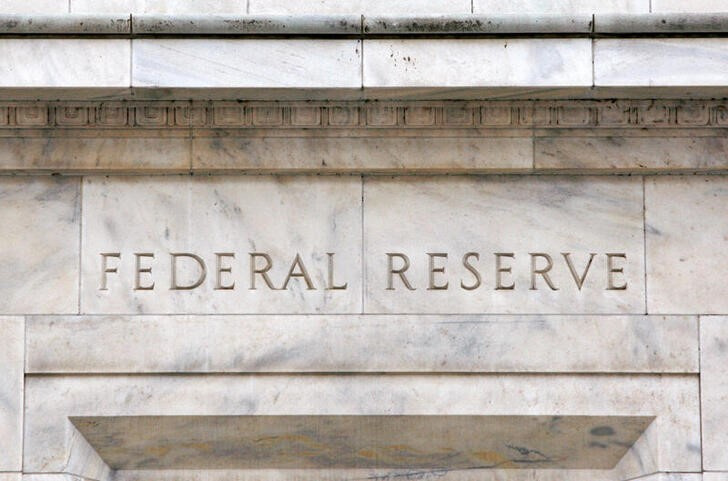By Geoffrey Smith
Investing.com -- The Federal Reserve is set to raise its key interest rates by 75 basis points for the fourth meeting in a row in November, according to The Wall Street Journal.
Citing sources familiar with the Fed's thinking, the WSJ said that the pace of further rate hikes after that will be less clear.
The Fed has raised the target range for fed funds to 3.25% this year, its highest since the Great Financial Crisis of 2008, in an effort to bring down inflation that has hit a sequence of 40-year highs. However, in recent days, there have been the first signs that at least some members of the Federal Open Market Committee want to slow the pace of monetary tightening, fearing an overshoot.
Guessing the timing of the Fed's 'pivot' to an easier policy stance has been the overarching priority of financial markets for the last couple of months. In that time, consensus forecasts of where Fed rates will peak have risen from around 3.5% to 5% currently - a reflection that inflation is proving much more difficult to control than previously thought.
The last reports on the consumer price index and personal consumer expenditures both showed broad price rises across the basket of goods and services, with inflation in a shelter, food, and energy remaining big concerns. However, pockets of weakness in price trends have become more apparent, with house prices stalling and prices for consumer durables in particular weakening.
Kansas City Fed President Esther George and her Chicago counterpart Charles Evans have both warned of the risks of overshooting this week, although they both supported keeping policy restrictive in the near term.
Such concerns are likely to be reflected in the Fed's guidance at the next meeting, but the WSJ concluded that for the time being, the majority is still in favor of keeping with the current pace of rate hikes until there is a visible improvement in inflation. Most, such as Chair Jerome Powell and vice-chair Lael Brainard have both leaned heavily on the vague expression that policy will have to remain restrictive "for some time."
More specifically, Fed Governor Lisa Cook had said on Thursday that: "Policy must be based on whether we see inflation actually falling in the data, rather than just in forecasts," a comment that raised eyebrows among economists who argued that monthly data are often a lagging indicator of underlying trends.
